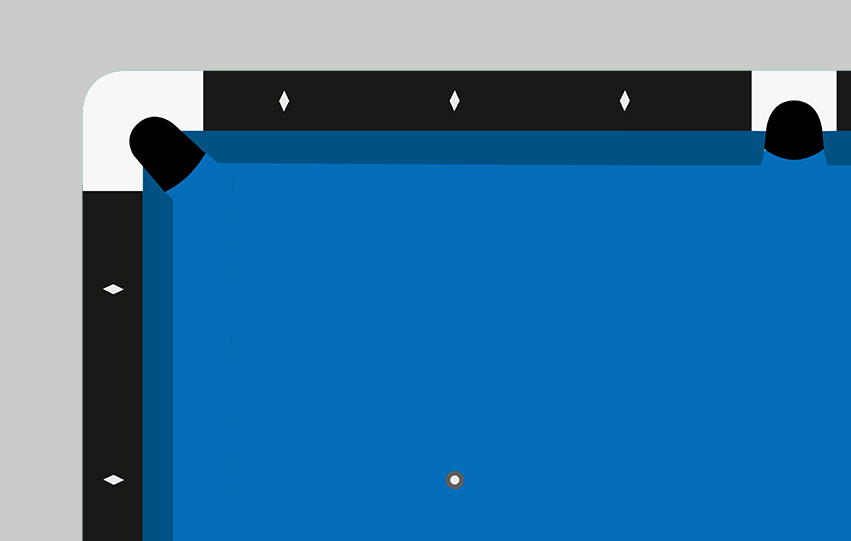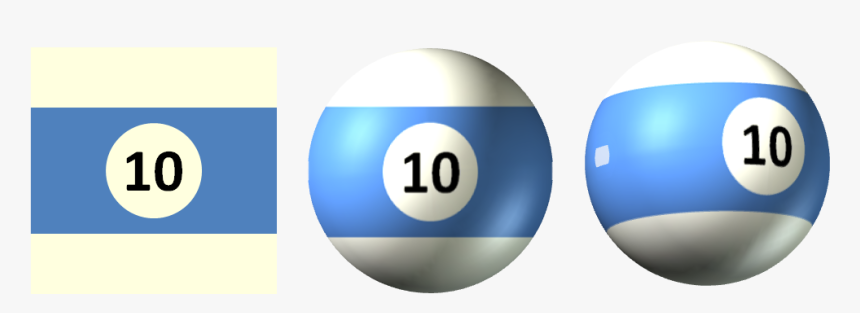
Pool balls are used in a variety of pool games. They are small and distinctive in appearance. They were originally made from ivory and wood, but have since been replaced by synthetic materials. Today, they are made of polyphenolic resin.
A thermosetting plastic similar to bakelite that's made from phenolic resin, it is more durable than bakelite. Thermosetting means that the plastic will harden once it cools. This makes it a good choice for a poolball. It's however quite expensive. The majority of phenolic resin currently produced is from petroleum.
Another option is polyester resin. Polyester resin is an economical option, and is also more affordable than other materials. It actually costs less than phenolic. Its strength is comparable to that of phenolic. It does not keep its shine as well. It is, however, a popular choice for many manufacturers.
When phenolic resin was first developed, it was made from coal tar. Although it is strong and long-lasting, it can be dangerous to work with. If you don't know how to handle it, you could easily burn yourself or others. It is important to only play with high quality billiard balls in order to avoid this.

A good quality pool ball has a thermoset. It helps improve the ball's accuracy. It adds friction and helps improve the accuracy of the billiards ball. This allows a billiard ball of good quality to withstand higher pressure. The friction coefficient should also be considered. It's impossible to trust a ball unable to withstand the stress of the game.
Before the development of phenolics resin, pool balls were made out of clay, stone, clay and other cellular material. These pool balls are still being made today by some manufacturers.
Then, around 1907, American chemist Leo Baekeland came up with a new way to make plastic. He mixed nitrocellulose, alcohol and camphor together, then molded it under extreme pressure. Although it wasn't a perfect compound this was a significant step forward.
Bakelite had become a more durable material by the end of the 20th century. It was also much easier to manufacture. It became the standard for billiard ball balls. Unlike celluloid, Bakelite wasn't prone to bursting when struck with force.
Today, phenolic-resin pool balls are a favourite. They have a timeless, classic look and are durable. The resin is thermosetting so it doesn't melt, which means the ball can last for up to 40 years.

High-quality billiard balls are essential for any game, no matter how complicated. Aramith is a good brand. Their billiard ball is one of the most well-known on the marketplace.
Aramith poolballs remain the most popular choice, but there is a small number of quality manufacturers who produce high-quality products. Iszy's marble swirl set is one of the best on the market. Aramith is a good choice if your goal is to purchase billiard balls.